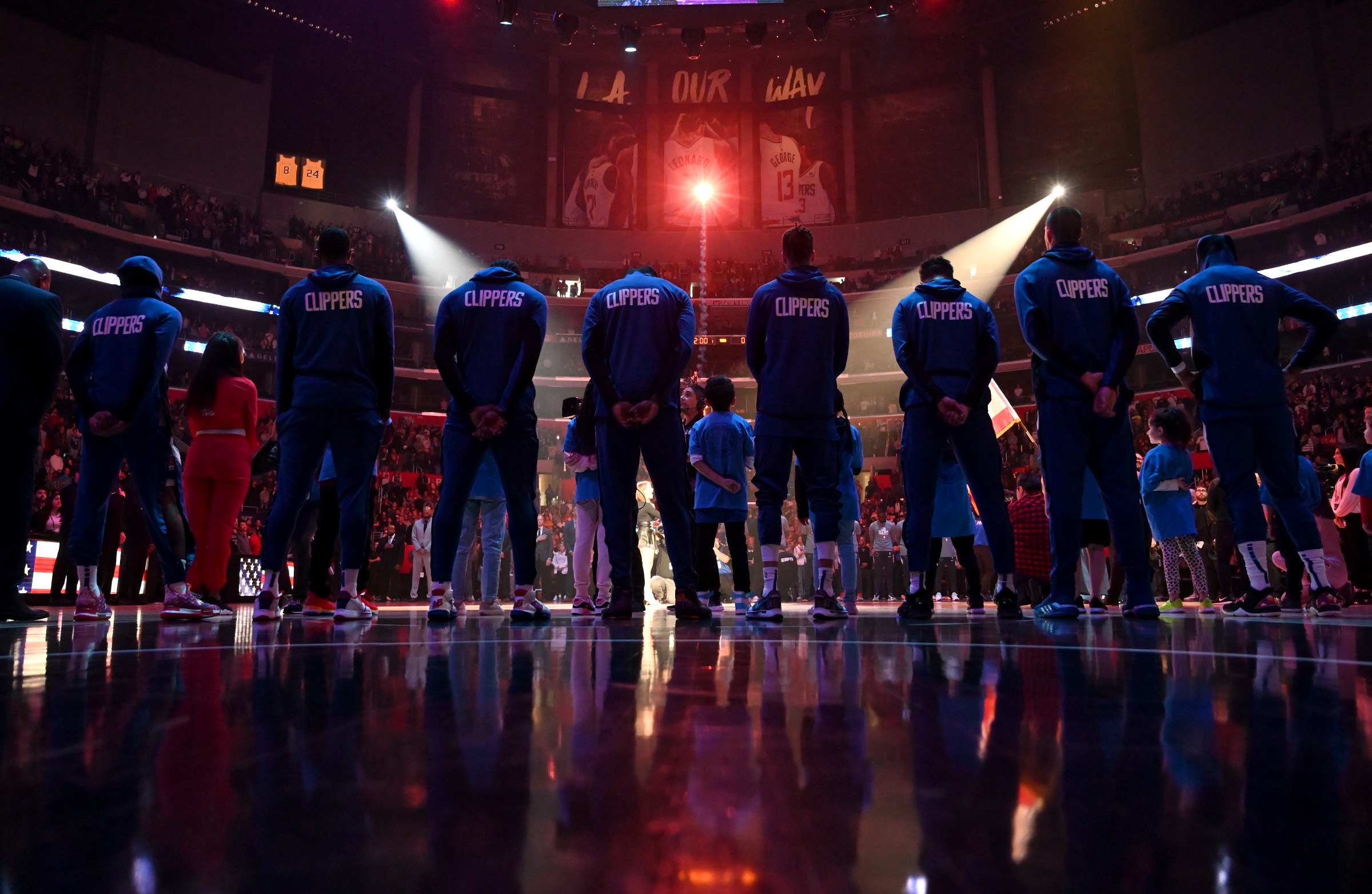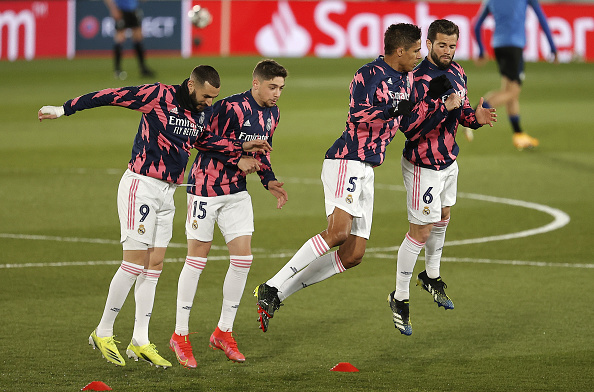Be Water, an ESPN documentary about Bruce Lee, premiered on Sunday night. In doing so, director Bao Nguyen did something unheard of, using a voice-over tactic for the film’s interviews instead of a narrator.
I turned to my dad at one of the first commercial breaks and said, “I don’t know how to feel about not seeing these interviews.”
He looked back at me and said, “I don’t know how to feel about it either. But the images the director is using to show what it was like to be Asian-American in America at that time are really, really working.”
Nguyen was showing what Lee was fighting against, and that was racial inequality for Asian-Americans.
In a split second, I got it. I thought about what my dad said, and what it would’ve been like to watch how Asians were portrayed in Hollywood as the young Japanese-American boy he was. I thought about my grandmother, who lived through the Hiroshima and Nagasaki bombings, and the Korean and Vietnam Wars, and was raising three Asian-American kids in a time when people like them were seen as the enemy.
Then, it made me think about the current state of America right now and all of the protests and rallies that are helping to tear down systemic racism.
As a privileged white male in America, I don’t know what it feels like to be oppressed for my Japanese culture, and really don’t know what it feels like to be oppressed as a black person in America.
Let’s pause here because you’re probably wondering how this relates to sports. Just give me a second.
In a time when anti-Asian attitudes have increased due to the COVID-19 pandemic and the fight against systemic racism is unlike any revolution we’ve ever seen before, it’s important to see how we can combat those. How can we take the small victories and focus on what we as a society can improve on to come out on top?
Bruce Lee fought for everything he got. He fought for himself and Asians everywhere and was able to break the racial barrier in Hollywood. He did all of this through his craft of martial arts. He was a Hollywood star, but he was an athlete and martial arts icon first and foremost.
“His philosophy was one of self-actualization,” Linda Lee Cadwell, Bruce’s widow, said in the documentary. “Don’t accept that you’re this stereotyped image that is cast upon you by others. Find what is worthwhile about yourself and express it.”
Lee faced lots of prejudice in his life and fought them through martial arts and acting. He wanted to prove people wrong and show that Asians weren’t just what was being portrayed on the big screen. He wanted to show that Asians could live alongside white people equally.
He found racism and xenophobia almost everywhere he went. There were essentially zero roles for Asian men and women when he was first trying to break into Hollywood in the mid-1960s. White actors would play Asian characters and use yellowface tactics, “casting them as either the wacky comic relief or the sinister embodiment of otherness,” as Slate’s Jack Hamilton said.
After being passed up for several roles throughout the 1960s, Lee finally got his big break in the 1970s when he traveled back to Hong Kong and made four hit movies in two years (The Big Boss, Fist of Fury, The Game of Death, and Enter the Dragon).
“The Asian male was the face of the enemy to many Americans,” Nguyen said in an interview with Yahoo. “It was this vicious cycle of society reflecting media and culture, and media and culture reflecting society. There had to be some kind of intervention there and Bruce, in a way, was that intervention. He was the hero that we hadn’t seen before. The leading man that we hadn’t seen before.”
In a time when it looked like Asian-Americans might never be seen in a positive light, Lee was able to change that narrative. He brought people together through his craft of martial arts.
“That period is 1973. It was like magic,” collector Jeff Chin said in the documentary. “Overnight, Chinese males became the big man on campus.”
That’s the beauty of sport. We don’t know when sports will return, but when they do come back, they’ll prove as something we can look to in times of doubt. Sports also bring us together like nothing else.
“Bruce Lee has become this global cultural icon. In a way, he almost transcends race, to some people. But when he was living he was very much an Asian-American,” said Nguyen with Yahoo. “I think it’s important to understand where that kind of determination and discipline comes from: it comes from a place of struggle, a place of rejection, and from that comes a voice of honesty and authenticity.”
Athletes have been speaking out against systemic racism and are coming together to create a change in our country. Can you imagine the impact that all these voices can have on society? On government? We’re already starting to see it. These are the small victories that need to be recognized.
The way I see it: if one man helped to change the lives of Asian-Americans everywhere for the better, what could happen when white and black people come together now? Lee didn’t have social media back in the 1960s and 1970s, but the platform is there for athletes now to keep making their voices heard.
“As a martial artist, one of the most important aspects is bridging the gap,” Shannon Lee said. “Bridging the gap between me and my opponent. Bridging the gap between me and my dreams. I see my father as a person who was interested in creating these bridges and keeping them open for people to travel across.”
If Lee could do it then, we can do it now. With and without sports.





